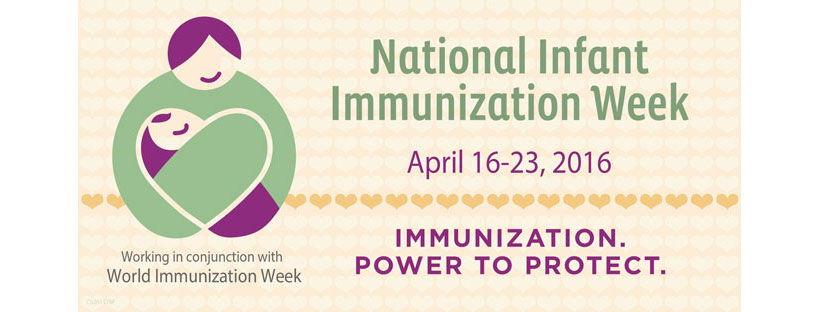Parents consider health care professionals one of the most trusted sources in answering questions and addressing concerns about their child’s health. A recent survey on parents’ attitudes, knowledge, and behaviors regarding vaccines for young children ¾ including vaccine safety and trust ¾ found that 82% of parents cited their child’s health care professional as one of their top 3 trusted sources of vaccine information. With so many parents relying on the advice of health care professionals about vaccines, a nurse’s recommendation plays a key role in guiding parents’ vaccination decisions.
“A nurse’s expertise, knowledge, and advice are vital in creating a safe and trusted environment for discussing childhood immunizations,” said Dr. Nancy Messonnier, CDC’s Deputy Director of the National Center for Immunization and Respiratory Diseases. A 2013 study conducted Kaiser Permanente Colorado found that regardless of their vaccine choices, parents reported that they first began thinking about vaccines before their child was born, either during pregnancy or before pregnancy.
In celebration of National Infant Immunization Week we’ve included some tips below on how to talk to patients about vaccinations.
-
Reinforce that vaccines are safe
“Reinforcing vaccine safety messages can go a long way towards assuring parents that they are doing the best thing for their children,” says Patsy Stinchfield, a Pediatric Nurse Practitioner who represents the National Association of Pediatric Nurse Practitioners. “One of the best ways you can establish trust with parents is by asking open-ended questions to help identify and address concerns they may have about vaccines. Also, restate their questions and acknowledge concerns with empathy.”
-
Address Their Concerns
Make sure to address questions or concerns by tailoring responses to the level of detail the parent is looking for. Some parents may be prepared for a fairly high level of detail about vaccines¾how they work and the diseases they prevent¾while others may be overwhelmed by too much science and may respond better to a personal example of a patient you’ve seen with a vaccine-preventable disease. A strong recommendation from you as a nurse can also make parents feel comfortable with their decision to vaccinate.
-
Notify them of the Risks
For all parents, it’s important to address the risks of the diseases that vaccines prevent. It’s also imperative to acknowledge the risks associated with vaccines. Parents are seeking balanced information. Never state that vaccines are risk-free and always discuss the known side effects caused by vaccines.
-
Be Respectful of Their Decision
If a parent chooses not to vaccinate, keep the lines of communication open and revisit their decision at a future visit. Make sure parents are aware of the risks and responsibilities they need to take on, such as informing schools and child care facilities that their child is not immunized, and being careful to stay aware of any disease outbreaks that occur in their communities. If you build a trusting relationship over time with parents, they may reconsider their vaccination decision.
To help communicate about vaccine-preventable diseases, vaccines, and vaccine safety, the Centers for Disease Control and Prevention (CDC), the American Academy of Family Physicians (AAFP), and the American Academy of Pediatrics (AAP) have partnered to develop Provider Resources for Vaccine Conversations with Parents. These materials include vaccine safety information, fact sheets on vaccines and vaccine-preventable diseases, and strategies for successful vaccine conversations with parents. They are free and available online at http://www.cdc.gov/vaccines/hcp/conversations/ and http://www.cdc.gov/vaccines/events/niiw/ed-resources/provider-resources.html.


Thanks for the advice regarding immunizations and how to help parents understand that everything will be okay. My wife and I have 5 kids and we have gone through many immunizations. What we have realized is that if your kid gets sick right after an immunization, that is okay. From my understanding, your body needs a little while to adjust to the vaccine. Thanks for the help!